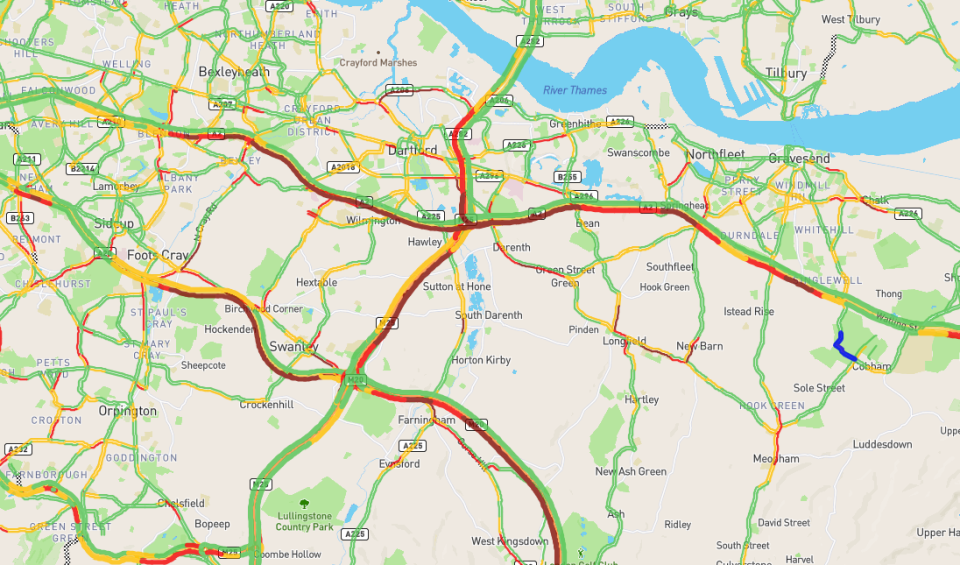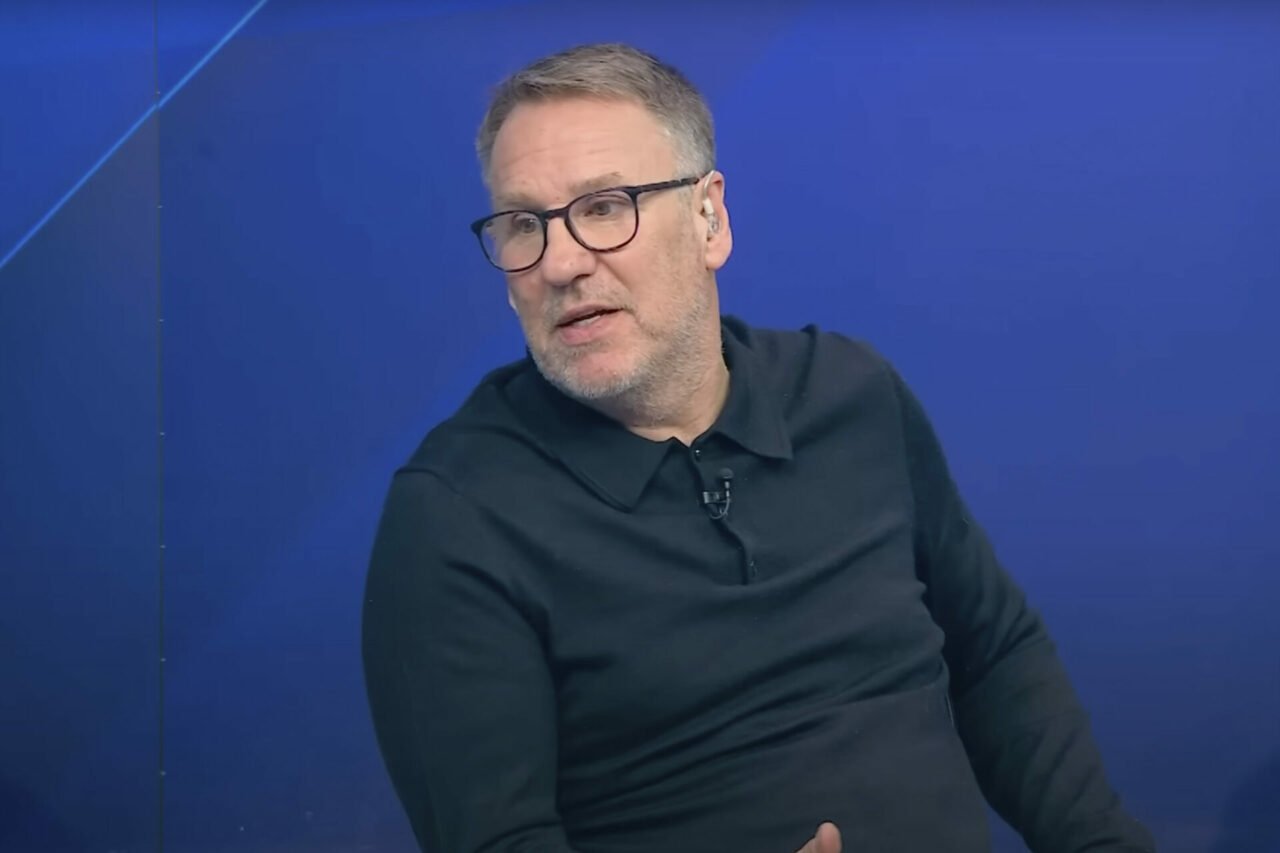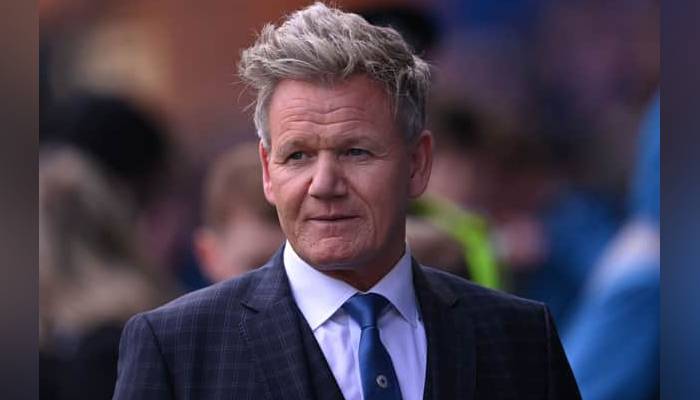Features
Striking bus drivers are standing up and hitting back against poor pay and conditions
By Sam Ord
Downloading PDF. Please wait…
Sunday 07 August 2022
Issue 2817
Workers on picket lines (Pic: Unite North West)
Bus workers’ all out and indefinite strike across north west England is a symbol of the new readiness to fight over pay. And it’s another sign that more and more workers either have to fight back or accept being pushed into poverty.
Around 1,800 bus workers employed by Arriva began their third week of a walkout this week and they are even more determined to win than they were when they began on 19 July. Workers at the 11 depots are furious that Arriva’s parent company Deutsche Bahn has made billions in profit while workers struggle to afford energy bills, petrol and food.
“Some people think we get paid mega money, but that’s just not true,” said Chris Jones, the Unite union rep and bus worker in Birkenhead. “The truth is a lot of us here are struggling. We worked throughout the pandemic, most of us got Covid, and two of our lads died. Any money we had saved has now gone.
“All we got was a box of chocolates—that I delivered—and a three minute thank you video.” The workers stuck after they voted 96 percent in favour of strikes. They have remained out with not one worker crossing picket lines after rejecting an 8.5 percent pay offer.
This offer was no improvement on the original proposal—and wasn’t even put to a vote. Dave Roberts, the Unite regional officer for the north west, told Socialist Worker, “The company asked for a meeting last Monday, suggesting an improved offer would be tabled, only to turn up and offer the same percent.
“It is an insult to our members and just caused confusion to the public who were under the impression we would get an improved offer.” Pickets are happy this was rejected, with a large number explaining how they need an above inflation pay rise.
Others think that forcing the bosses to concede a double-digits rise will be hard. But this won’t stop workers fighting for one. Dave, a bus worker also at Birkenhead, told Socialist Worker, “Morale is high, public support is good. Even the food on the picket line is great.
“We’ve been pushed into a corner and have to fight back to defend our rights.” The north west Arriva workers’ battle could set a benchmark for bus workers everywhere. “The issue is that if Merseyside workers get, say, 10 percent it would be a benchmark for the other Arriva workers balloting to get more. Bosses don’t want that to happen,” says Dave.
Chris explained how the issues facing workers are about more than just pay. “The buses aren’t a public service anymore,” he said. “They’re run for profit, not people, and the public knows that. “All the workers here have seen is cuts. There’s been pretty much no investment, but we are saying that you have to invest in staff.
“Buses used to go as far as Chester but now they just run around this area. Around 80 buses in Merseyside were lost in the past year and more will be cut in September.”

Indefinite strike at Arriva North West buses hits back at greedy bosses
The mood on the picket lines is buoyant. Unite union flags and posters cover the walls near the depot entrance as the pickets receive support from passing cars and pedestrians.
The pickets talked about how all workers are going through massive hardships. Dave hopes their strike “will inspire other workers to walkout—there’s no better time to strike.”
Chris added, “We went to the BT picket line, and I took seven drivers to the RMT picket line.” Striker Alan added, “This could end up in a general strike. The posties might walk out, and there are three other strike ballots among Arriva bus workers.
“The situation is so bad it’s something we should be thinking about—striking together.” Dave Roberts said, strikes “are important now, especially with the corporate greed crisis we all find ourselves in”.
John who works at the Bootle depot told Socialist Worker, “We’re fighting for pay but we’re also telling the government that people working full time don’t deserve to be poor.
Like the workers in Birkenhead, John hopes the strikes will spread and be an inspiration to other Arriva bus workers and rail workers. “I believe we are at the closest to a general strike we’ve ever been.
“No wonder the government talks about limiting strikes. Trade unionists really need to think about the situation we’re in and how we can make sure the bosses don’t cut our pay or conditions anymore.”
- Tweet solidarity to Unite North West @Unite_NorthWest GMB North West @GMBShoutNW
*Alan and John are pseudonyms
Unite a bus-t up with the bosses
Arriva bosses are struggling to maintain a wave of discontent and strikes among bus workers in Britain. Strike ballots are underway at Arriva depots in Essex, Kent, Bedfordshire, Buckinghamshire, Hertfordshire and north London which could see a further 3,100 workers walk out.
These ballots and the action currently being taken by Arriva North West workers follows strikes by 1,000 Arriva bus workers in south London and 650 in Yorkshire. As the struggle among workers grows, there are lessons to be learnt.
Deutsche Bahn, the parent company of Arriva is the biggest and one of the most profitable public transport companies in the world. In just ten years the firm raked in a profit of £5.9 billion with the majority of the cash—£4.3 billion—paid out in dividends.
The firm is sitting on piles of cash whilst workers stare down poverty during the cost of living crisis. For the 1,800 Arriva North West workers they have a monumental task to hit back at the multi-billion pound company. Unity and continuous action are the strikers’ strongest weapons. South London Arriva workers struck first in May and were forced to vote on an improved offer.
They narrowly accepted a 3.5 percent “pay rise” and a £250 lump sum—far below the 11.1 percent RPI rate of inflation recorded in April. They rejected previous offers of 3 percent and a £300 lump sum.
But unfortunately the workers’ isolated action and desperate financial situations of many meant a narrow majority lost hope. Arriva workers in Yorkshire fared somewhat better. Unlike the south London bus workers they took continuous action for four weeks.
The escalated action won an average pay increase of 9 percent. The strikers accepted this after rejecting a 4.1 percent offer—but 9 percent is still far below inflation, making it a real terms pay cut. More militant, escalated action has potential to win bigger pay offers to combat the cost of living crisis and smash inflation.
If the strike ballots taking place across Essex, Kent, Bedfordshire, Buckinghamshire, Hertfordshire and north London pass, united action will hit bosses harder than the two completed strikes. And some 1,600 London United bus workers in Fulwell, Hounslow, Hounslow Heath, Park Royal, Shepherd’s Bush, Stamford Brook, and Tolworth depots are set to strike on Friday 19 and Saturday 20 August.
The first of those days is during a Tube strike, the second during a rail strike. Bus strikes alongside rail strikes would be powerful. Strike coordination and joint marches and rallies are the way forward. Bus workers in the North West remain optimistic they will win a significant offer.
They look to other Arriva fights but also the Merseyside bus drivers employed by Stagecoach who voted to strike and before walking out won an above inflation pay rise. They also won the agreement that their wages will rise alongside the RPI level of inflation or by 2 percent—whichever is higher—from March next year.
Deutsche Bahn bosses are sitting on piles of money that was taken from the backs of workers. It’s time Arriva bus workers stood up in unison against the bosses and grabbed it back.
Fight to save London buses
Bus workers and passengers in London last week stormed the Transport for London (TfL) headquarters, demanding the firm doesn’t cut 16 bus routes and change 78 more to save money.
After gathering in Waterloo, central London, the protesters organised by the Unite union marched to the headquarters on Blackfriars Road, south London. They held banners reading, “Stop the London bus cuts,” and “Save our London buses, stop making Londoners pay for the Pandemic.”
Chants of “Save our buses,” echoed around the building as the workers waved flags and placards. Unite regional officer John Murphy said, “The people of London depend on a good properly funded and supported transport network, especially with the escalating cost of fuel. These people and the bus workers, who we all applauded through Covid, need to be given proper consideration, rather than used as a political football.”
TfL is looking to attack workers and passengers as it scrambles to make £730 million savings after taking subsidies from the government during the Covid pandemic. These bus cuts would save just £35 million.
Axing routes would see bus drivers and depot workers lose overtime working—which many are relying on during the cost of living crisis. It would also force passengers to turn to more expensive and environmentally damaging modes of transport.
The danger is immediate with the first routes being axed by the end of the year and the remainder going by the end of next year.
https://socialistworker.co.uk/features/bus-workers-wont-stop-pay-battle/




